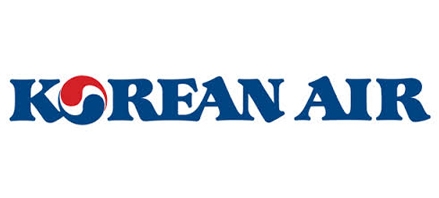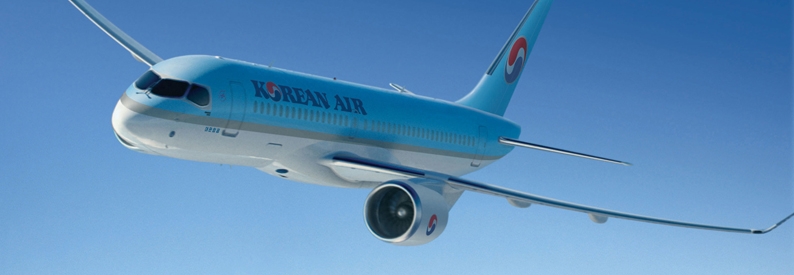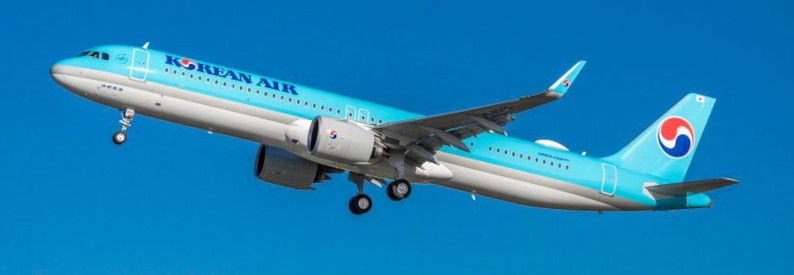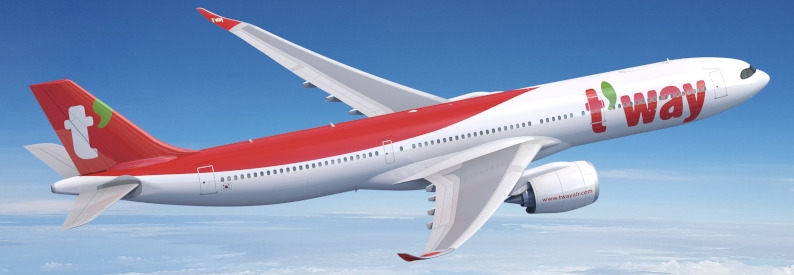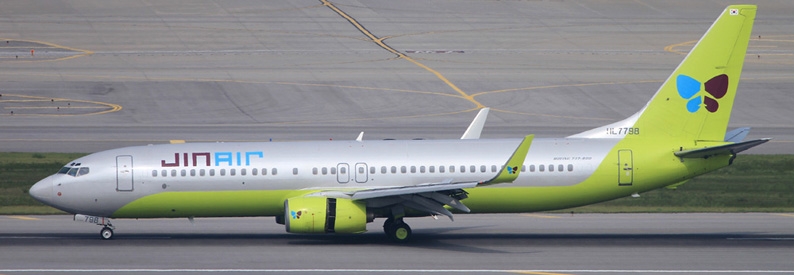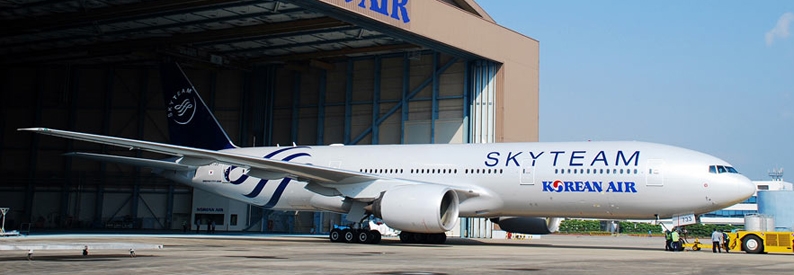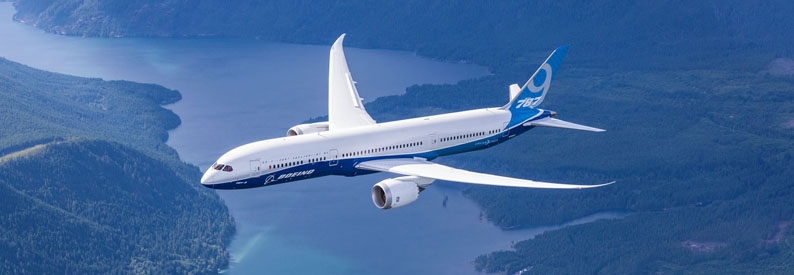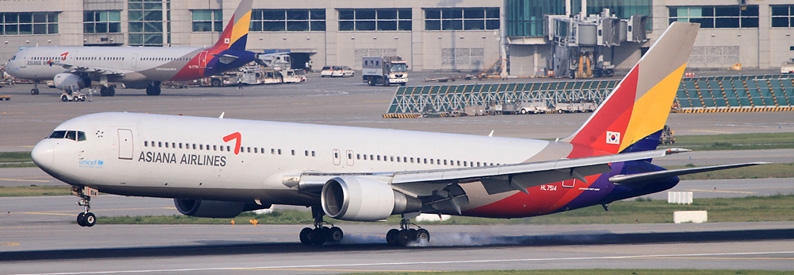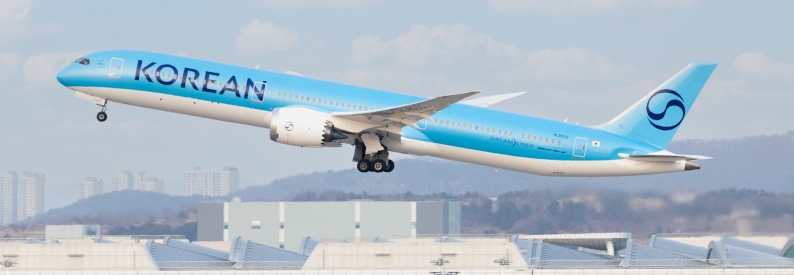South Korea's Board of Audit and Inspection (BAI) has reversed an earlier decision to tax eleven local carriers KRW70.2 billion won (USD53.6 million) in relation to operating leases.
In 2022, the board imposed the taxes without making a distinction between financial leases and operating leases regarding imported aircraft. According to the News 1 outlet, as of July 2021, the 11 airlines had registered a total of 381 aircraft, of which 206 (54.1%) were introduced as operating leases.
The BAI, the country's top audit institution, had argued that airlines bringing in aircraft on operating leases were not paying so-called acquisition taxes, only registration and licensing taxes, and that the National Tax Service of Korea was not taking measures to rectify this. How it settled on its KRW70.2 billion taxation demand was not specified.
However, the Ministry of Security and Public Administration asked it to reconsider its ruling. Details are sketchy on the grounds for the ministry's request, with the report saying only that it was "dissatisfied with the results of the audit." Following that request, the BAI changed course and agreed that one of the reasons airlines used operating leases was for their tax benefits and found that the National Tax Service viewed the tax benefits of operating leases and airlines' preference for them as legitimate. On March 10, 2023, the BAI agreed to drop the tax demand.
The report did not identify the 11 airlines, and the period appears to concern the 2021 financial year, which in South Korea is the same as the calendar year. The popularity of operating leases has only grown since then. According to the ch-aviation Commercial Aviation Aircraft Ownership Data module, there are now 13 airlines based in South Korea flying a total of 235 aircraft on operating leases.
- Type
- Base
- Aircraft
- Destinations
- Routes
- Daily Flights
